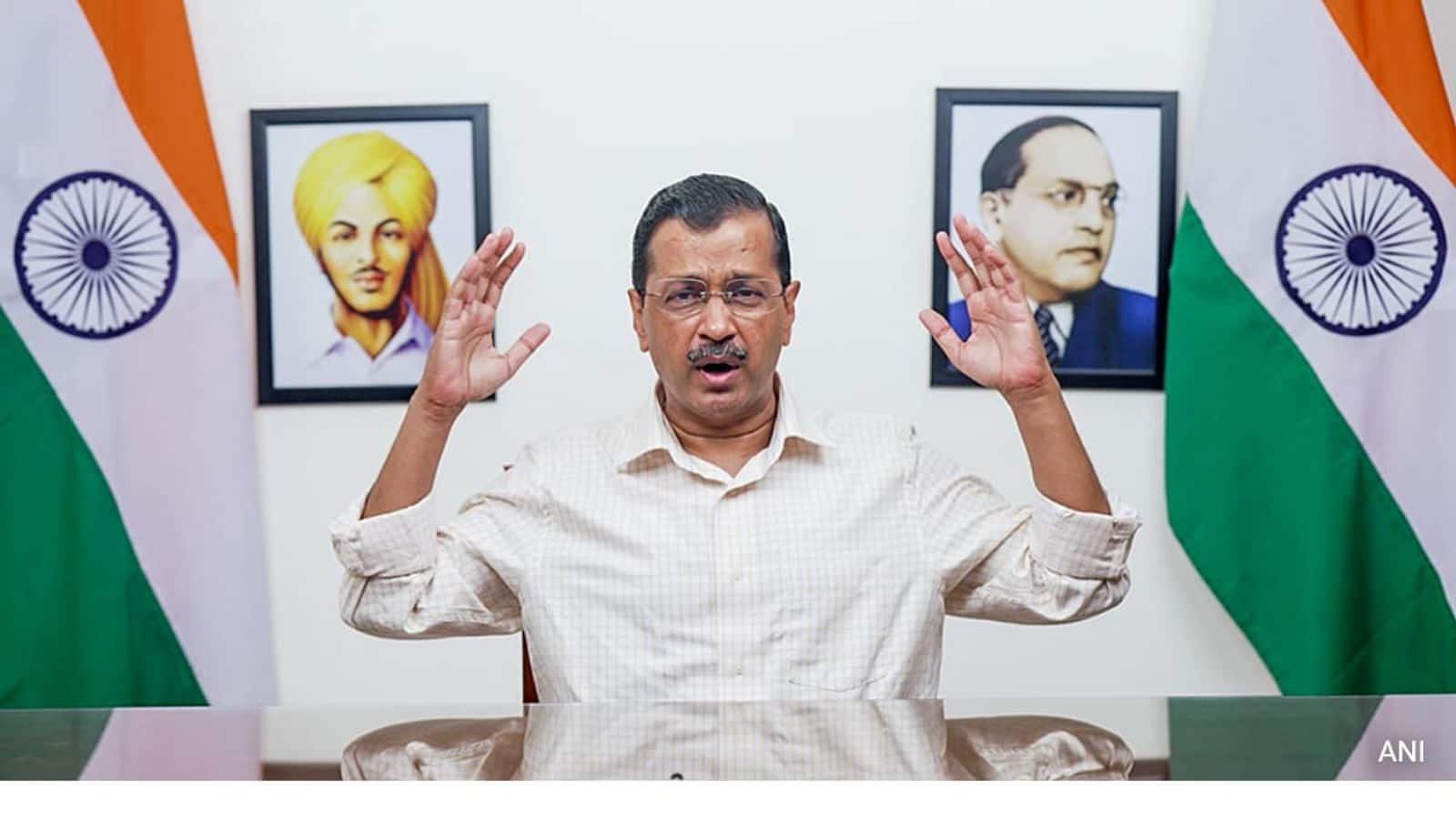
What Supreme Court said while granting Arvind Kejriwal bail
What's the story
The Supreme Court on Friday granted Delhi Chief Minister Arvind Kejriwal bail till June 1 to campaign for the Delhi Lok Sabha elections, which will take place on May 25.
He has been asked to surrender to prison authorities by June 2, a day before the announcement of the election results.
While bail is a major relief for the Aam Aadmi Party, the court has set conditions for Kejriwal that must be followed while he is out on bail.
Conditions
Conditions set by court for Kejriwal
The conditions include surrendering on June 2, only campaigning for his party, and refraining from discussing the Delhi liquor policy case, for which he was arrested by the Enforcement Directorate on March 21.
The court has also said that Kejriwal is not allowed to discharge any official duties as Delhi chief minister during the 21 days of bail.
Court
Why delay in arresting Kejriwal? Court to ED
Prior to pronouncing the bail order, the court reprimanded the ED for the delay in arresting the AAP chief.
"August 2022, the ED registered the ECIR. He was arrested in March 2024. For one and a half years he was there. Arrest could have been even afterwards or before. Then, 21 days here or there should not make any difference," Justice Sanjiv Khanna said.
ED
ED opposes Kejriwal's petition for interim bail
On Thursday, the ED submitted an affidavit in the Supreme Court opposing Kejriwal's petition for bail to campaign in the Lok Sabha elections.
The agency argued that laws apply equally to everyone and that campaigning for Lok Sabha polls is not a fundamental, constitutional or even a legal right.
The ED warned that allowing Kejriwal to leave jail for campaigning could set a dangerous precedent, emphasizing that no political leader has ever been granted bail for campaigning.
Background
Delhi liquor policy case
The ED arrested Kejriwal on March 21 in connection with a money laundering probe linked to the Delhi excise policy, which was introduced in November 2021.
However, less than a year later, it abandoned it following widespread corruption accusations.
Central investigation agencies asserted that wholesaler profit margins were artificially inflated to 12% from 5%, promoting cartelization and benefiting ineligible license holders.
The Kejriwal-led Delhi administration had refuted the allegations, arguing that the policy would have boosted revenue.